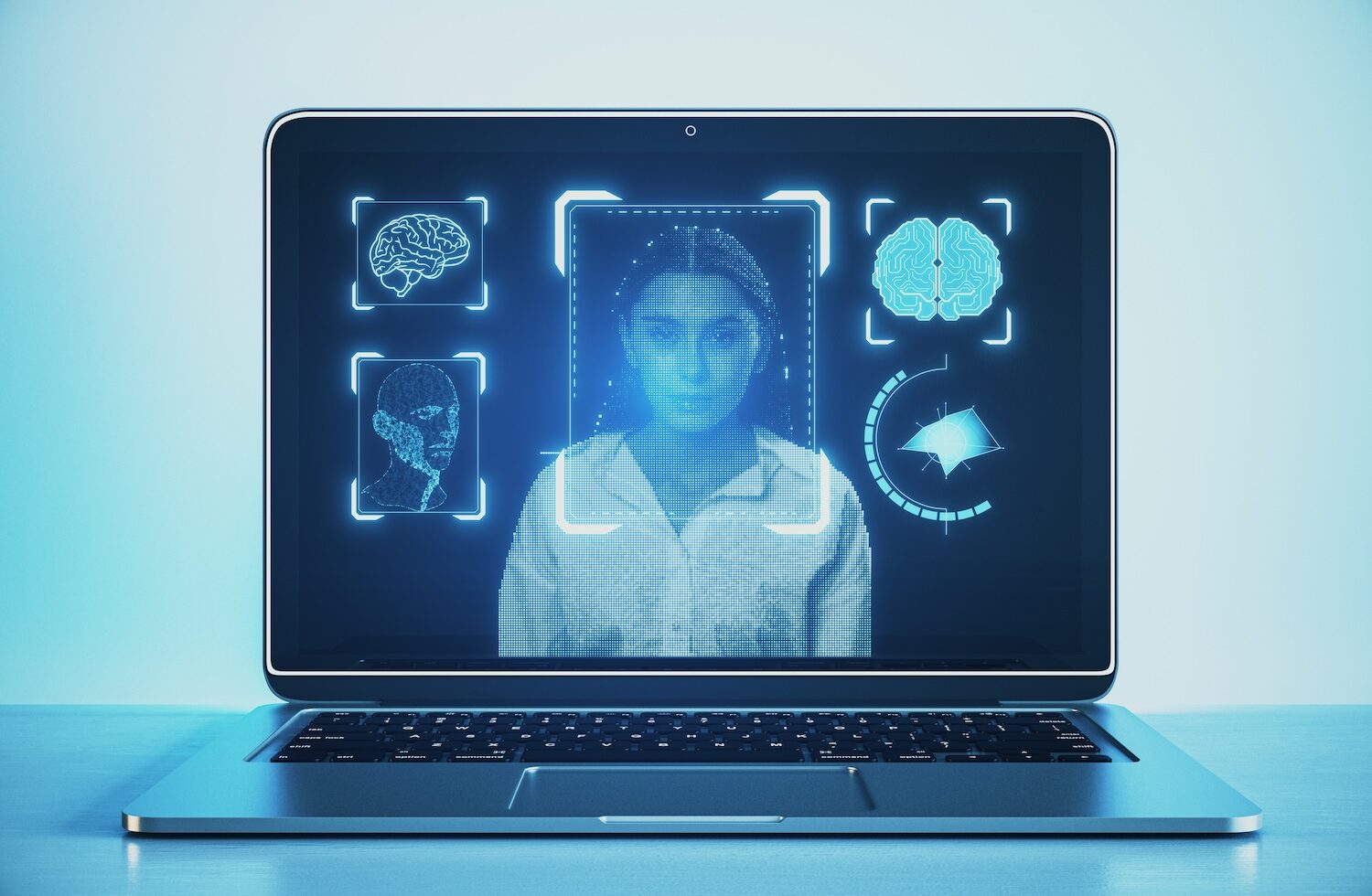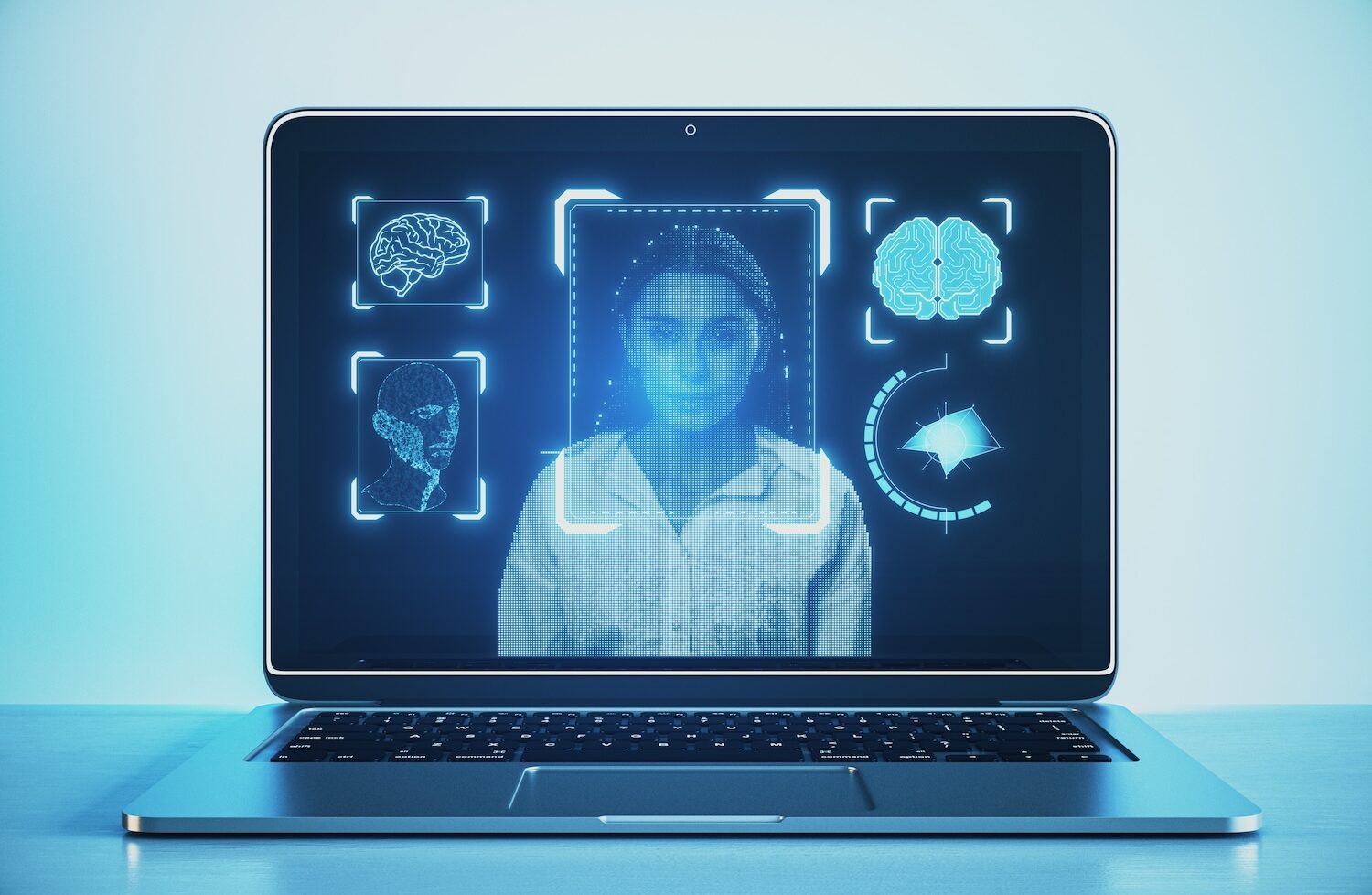As artificial intelligence (AI) tools become more powerful and widely available, their misuse has sparked global concern. While AI brings undeniable benefits across industries, governments are still struggling to legislate for its acceptable and unacceptable uses. One of the most pressing areas of concern is the creation and distribution of AI-generated fake images and videos, commonly known as deepfakes.
What are Deepfakes and why are they problematic?
Deepfakes are AI-generated images, videos, or audio clips that convincingly mimic real people. Using machine learning models, these tools can clone facial features, voices, and even gestures. While some deepfakes are created for harmless entertainment or satire, others have been weaponised to mislead the public, harass individuals, or generate financial gain.
Examples include the circulation of fabricated images such as:
- Former U.S. President Donald Trump being arrested
- A fake reunion hug between Princes William and Harry
Even when such content is quickly identified as fake, it can spread rapidly online, racking up views and generating advertising revenue for the platforms hosting it. The harm is not just financial, as it can also cause reputational damage, distress to individuals, and erosion of public trust in digital media.
Denmark’s proposed legal response
In a pioneering move, the Danish government has proposed updates to its Copyright Law aimed specifically at deepfakes. The new framework would grant individuals copyright protection over their own body, face, and voice.
This means that if any of these personal identifiers are used in an unauthorised deepfake, the person depicted could take legal action against the creator and/or distributor of the content. Crucially, it also gives individuals the right to demand the removal of offending material if it was published without their consent.
If adopted, this law would empower citizens to better control how they are represented in the digital world. It also signals a shift towards treating one’s likeness and voice as intellectual property, considered a significant legal development.
Freedom of expression vs. protection of identity
A potential sticking point for Denmark’s proposal, and similar legislation elsewhere, lies in the tension between freedom of expression and protection of identity.
- Satire and parody: Historically, these have enjoyed strong protections under copyright law and free speech frameworks, particularly in democracies. Restrictive deepfake laws could unintentionally curb legitimate political commentary or comedic expression.
- Consent vs. creativity: While harmful deepfakes need to be tackled, not all AI-generated imitations are malicious. Striking the right balance will likely require nuanced legal definitions and exemptions.
The first court cases under any new legislation will be pivotal in determining how such conflicts are resolved in practice.
A global trend in regulating Deepfakes
Denmark is not alone in its concerns. Other countries and regions are also moving towards tighter regulation of AI-generated content:
- The European Union’s AI Act includes provisions addressing deepfakes, requiring clear labelling of synthetic media (European Parliament).
- In the United States, some states such as Texas and California have passed laws restricting deepfake use in election campaigns and non-consensual pornography (Brookings Institution).
- In China, strict regulations mandate that AI-generated media must include visible watermarks and cannot be used to spread false information (Reuters).
Denmark’s approach is unique in framing protection under copyright law rather than purely through media or criminal law. If successful, it could serve as a model for other nations seeking to safeguard their citizens.
The future of Deepfake laws
Deepfakes are a striking example of how technology can outpace legislation, creating new risks that existing laws were never designed to address. Denmark’s proposed copyright reform represents an innovative step towards giving individuals more control over their likeness in the digital space.
Yet, significant challenges remain. Courts will need to balance personal protection against fundamental freedoms such as satire and free expression. Other governments will be watching closely as Denmark tests this novel approach.
If you have any questions, or require professional support form our team of experts, please get in touch today.

